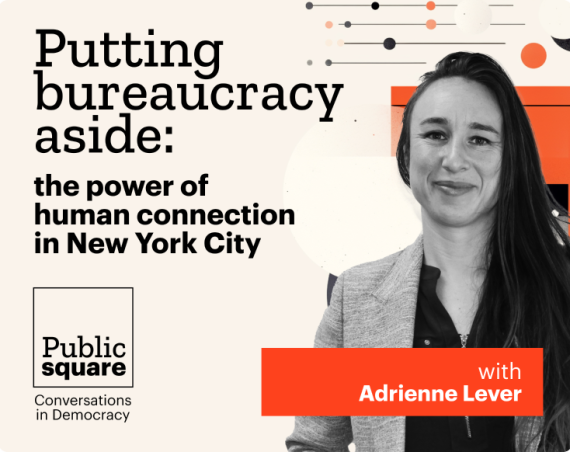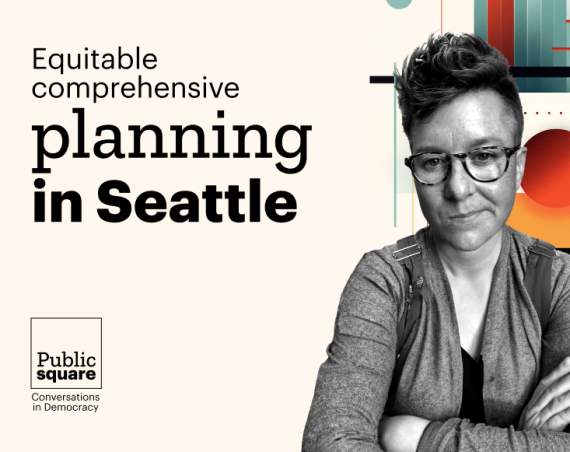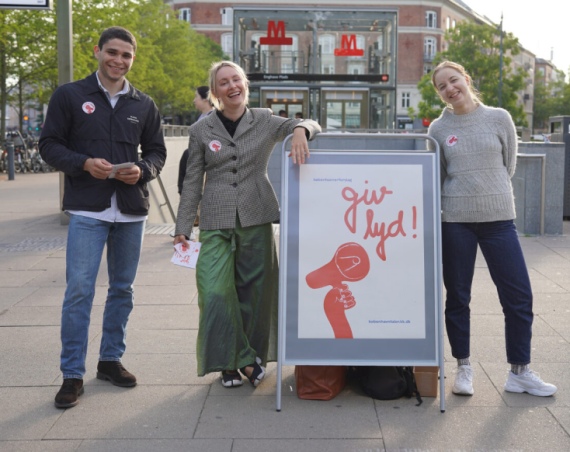It’s an inherent part of human nature to process information and form opinions of our own. These opinions are shaped by our background, education levels, access to information, and hundreds of other variables.
Needless to say, our opinions don’t always match, and neither should they. A diversity of ideas and viewpoints is what helps us to build more balanced communities. But in terms of decision-making, reaching consensus is vital. Gathering support for policy proposals or getting people on board for projects is the only way to govern communities and make them prosper. To do so, we have to be able to voice our arguments and look for solutions that benefit us all. And as it turns out, there are many ways we can agree or disagree with one another.
The most well-documented ways to share our viewpoints are the 3 D’s: dialogue, debate, and deliberation. But what are the differences, exactly? And how do they relate to the online realm? Dialogue, debate, and deliberation all have different objectives, so let’s dive a little deeper.
The difference between debate, dialogue, and deliberation – explained
We all know the most basic of these conversation types: the simple dialogue or discussion. At some point, we’ve all found ourselves discussing topics close to our hearts with someone who had a very different viewpoint. Discussions are simple exchanges of information, experiences, and beliefs, that do not necessarily lead to a solution or consensus.
In the case of dialogue, the act of conversing is far more important than the points one makes or the topic one tackles. The focus lies on fostering connections, building relationships and reaching a mutual feeling of understanding.
Most projects on the CitizenLab platform are characterised by dialogue and open conversation, either between citizens or citizens and their governments. The Austrian city of Linz, for example, launched a citizen proposal feature that allows citizens to share their ideas or take initiatives at any given time. This innovation leads to interesting interactions between citizens, who can share their thoughts and react to shared ideas, and the administration, who gains a better insight into the priorities for the city.
Debate: two opposing viewpoints battle for the win
In a debate, two parties with opposing ideas attempt to convince each other. Rather than focusing on the conversation itself, as is the case with dialogue, the outcome is what matters. When it comes to debating, there is always a connotation of winning and losing: the party with the most convincing arguments wins the debate. This is done by countering the arguments of the “losing” party. Because of this, an online participation platform usually isn’t the best place for debate — most online disagreements would be considered to be a dialogue.
“The foundation of debate is rebuttal“, says Julia Dhar, Behavioural Economist at BCG (Boston Consulting Group). “It’s the idea that you make a claim, I provide a response, and you respond to my response. Without rebuttal, it’s not debate, but pontification.”
However, according to Dhar, debates shouldn’t always be quite as polarising as their reputation suggests. “People who disagree the most productively, start by finding common ground, no matter how narrow it is. They identify the thing we can all agree on and go from there, whether it’s the right to an education, equality between all people, or the importance of safer communities. That overlap is our shared reality.”
The most common real-life example of debate occurs in election times. In the run-up to the elections, candidates of different parties are called to debate each other on relevant social topics, causing the audience to understand their respective arguments and the differences between their perspectives. In the US, (vice)-presidential debates are highly anticipated events that can steer the outcome of the elections, but most democratic countries have local versions.
Deliberation: exploring the right course(s) of action
According to the Britannica definition, deliberation occurs when “citizens exchange arguments and consider different claims that are designed to secure the public good.” Doing so, they aim to “come to an agreement about what procedure, action, or policy will best produce the public good.”
A common form of deliberation is the formation of a citizens’ assembly. We speak of a citizens’ assembly when a group of people is selected to learn about a specific policy challenge, deliberate on possible courses of action, and ultimately formulate policy advice on the topic in question. Depending on the nature of the item, the citizens are chosen to represent the broader population in terms of age, location, ethnicity, education level, and gender.
In the UK, citizens’ assemblies are a popular type of public engagement. The Climate Assembly, for example, gathers Britons from across England, Northern Ireland, Scotland, and Wales to find a way to tackle climate change. The city of Bristol is also launching a Citizens’ Assembly as the city attempts to recover from the COVID-19 pandemic.
The summary
In general, online tools are increasingly tending towards deliberation. In social distancing times, digital deliberation has become a great way to ensure democratic continuity. Online citizen workshops offer a digital alternative to offline deliberation sessions, allowing for live interactions, in-depth discussion and consensus.
Hope this brought clarity! Are you eager to explore more democracy or civic tech news? Head to our blog!
This article is a part of our “what’s the difference?” series. Browse through the others here:





